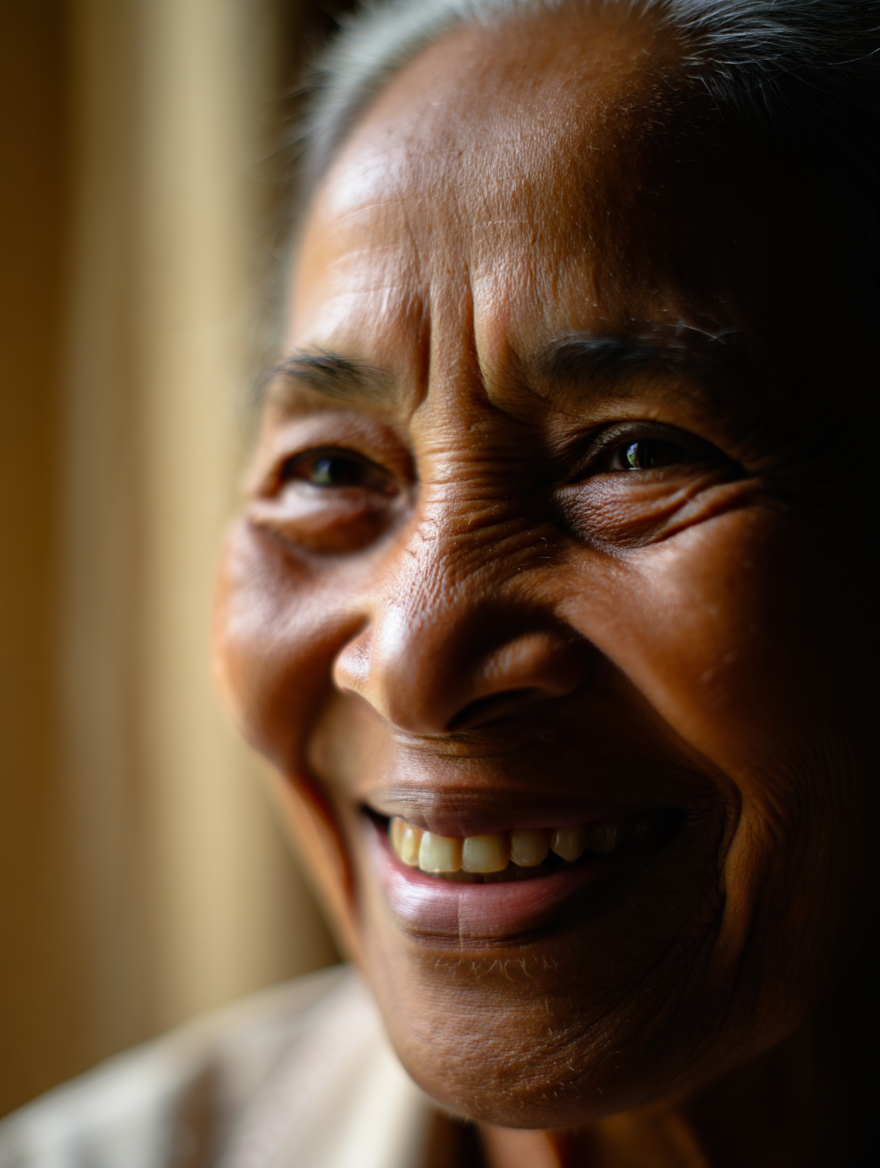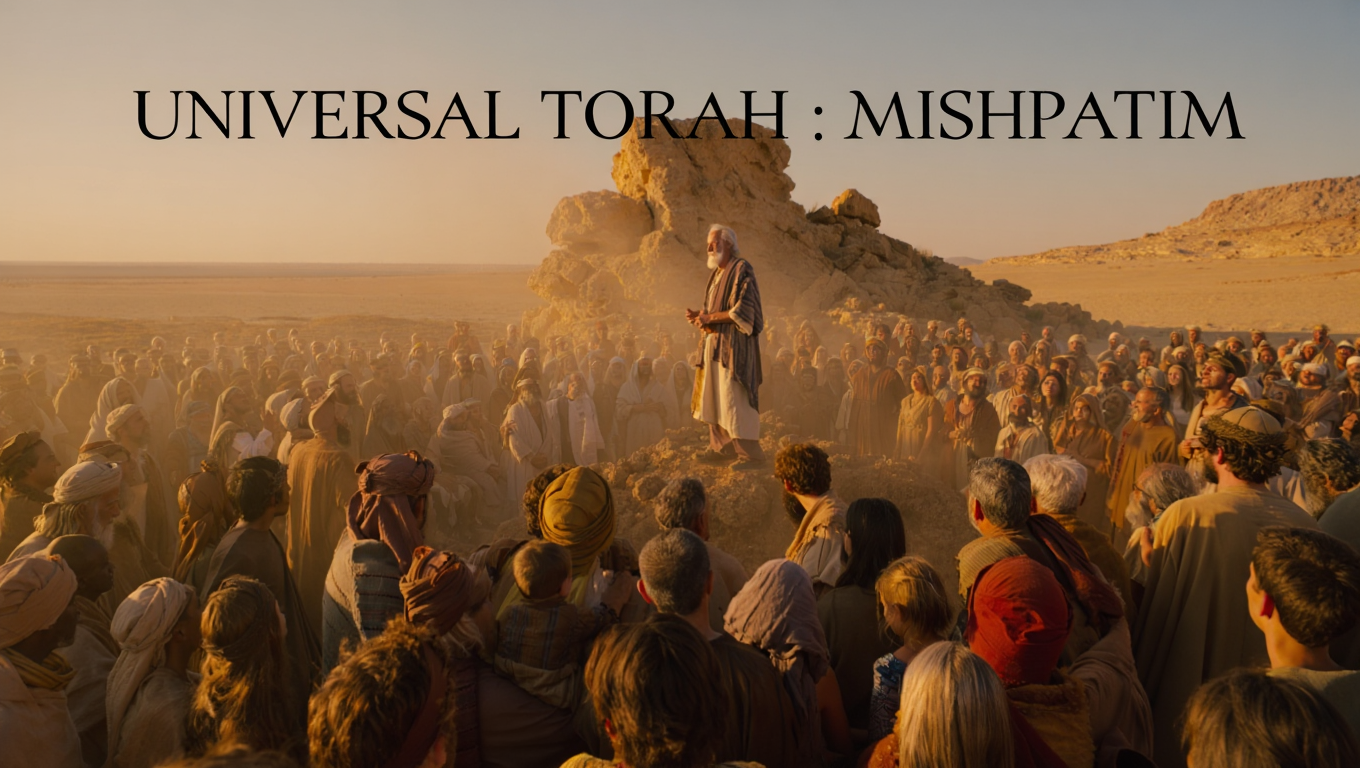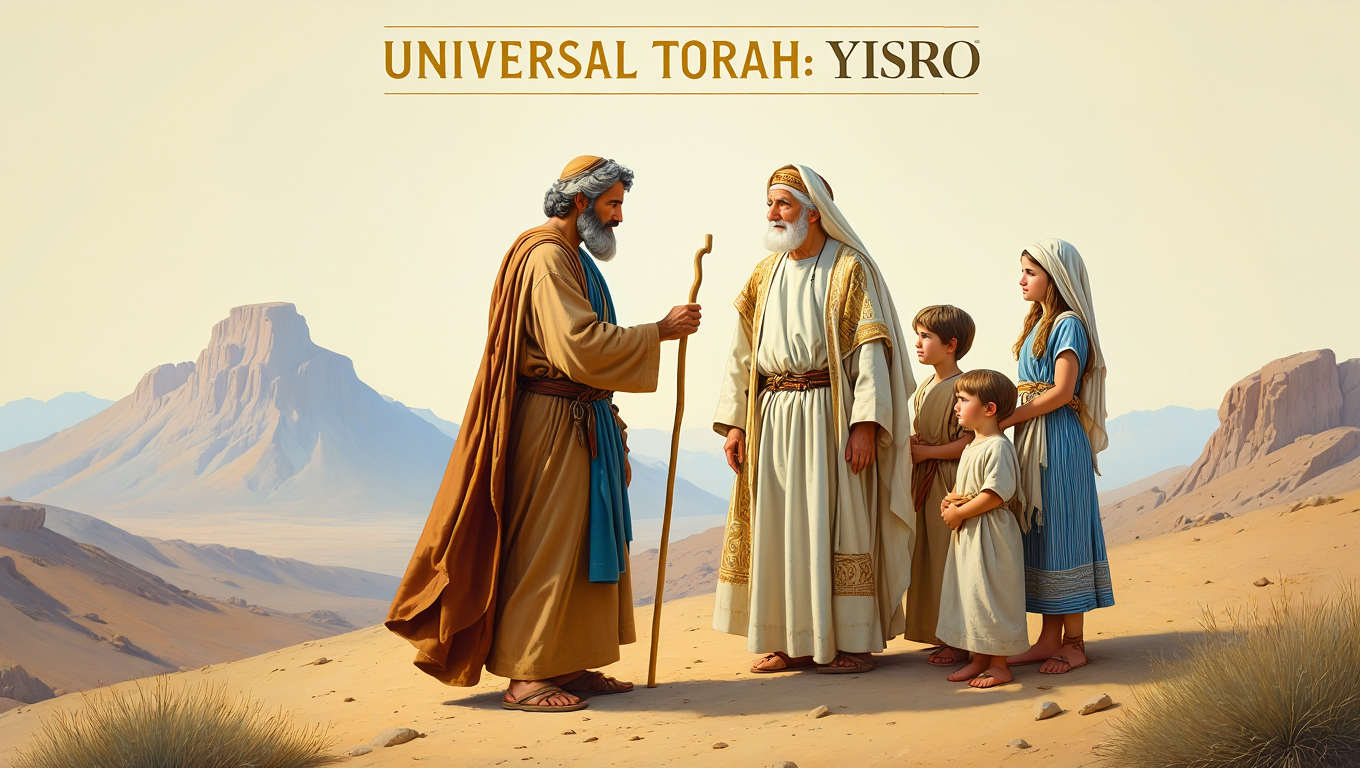As we step into Elul, the month that leads us to Rosh Hashanah and Yom Kippur, many of us feel a mix of excitement and weight. We know this is the season of teshuvah – turning back, taking stock, and repairing what’s broken. It’s a time of reflection, prayer, and growth. But here’s something we often forget: teshuvah isn’t about beating yourself up. It’s about coming home to who you really are – and that means showing yourself kindness along the way.
Looking Inward Without Tearing Yourself Down
Self-reflection is a beautiful and necessary part of Jewish life, but it’s never meant to lead us to hopelessness. Rambam (Maimonides) reminds us that teshuvah should be joyful – a chance to start fresh. When we return to God, we become even more beloved than before. That means this process is about building, not breaking.
The sages warn us about a common trap: the yetzer hara (negative inclination) loves to use guilt and self-hatred to stop us in our tracks. The Baal Shem Tov taught that sadness can paralyze the soul. Feeling regret is healthy – but wallowing in shame only closes doors. Teshuvah is meant to lift us.
Finding the Good Inside
Pirkei Avot says, “Judge every person favorably.” Rabbi Nachman of Breslov took that teaching further and said: judge yourself favorably, too. He urged us to look for nekudot tovot – those tiny sparks of good inside us. Maybe it’s a kind word you said, a quiet prayer, a small act of giving. Even one good point can start to shift your whole perspective. It’s like finding a small candle in a dark room – it doesn’t erase the darkness, but it changes everything.
If God Shows Mercy, So Can You
During Elul and the High Holy Days, we keep repeating the 13 Attributes of Mercy, describing God as “compassionate and gracious.” Mussar teachers remind us: these words are also a mirror. If God, who knows every detail about us, can show endless patience, maybe it’s time to extend some of that patience to ourselves.
Despair Is the Real Enemy
The Talmud tells us that even when King David sinned, he didn’t give up. He turned his mistakes into prayers and songs. Pirkei Avot warns, “Do not be wicked in your own eyes.” In other words, don’t label yourself as hopeless. A person who feels beyond repair won’t try to grow – and growth is exactly what this season is all about.
Balancing Truth and Compassion
The Ramban advised humility and calm in his famous letter, and Rabbi Abraham Isaac Kook saw teshuvah as the return to our best, truest self. Rav Kook said, “The world is not destroyed by sin; it is perfected by teshuvah.” Mistakes are not the end; they are the beginning of something greater. Honest self-examination, when wrapped in compassion, becomes fuel for transformation.
How to Practice Self-Kindness This Elul
- Set aside a little quiet time each day for reflection, but finish by naming something you’re grateful for.
- For every shortcoming you notice, find at least one strength.
- Keep reminding yourself: God’s mercy outweighs His judgment. If He’s patient with you, you can be patient too.
As the High Holy Days approach, remember: teshuvah isn’t about becoming someone else. It’s about uncovering the good that’s already inside you. It’s a journey of honesty, but also of warmth and love – and that includes loving yourself.
By Rod Reuven Bryant, Director of Education and Counseling, NETIV







